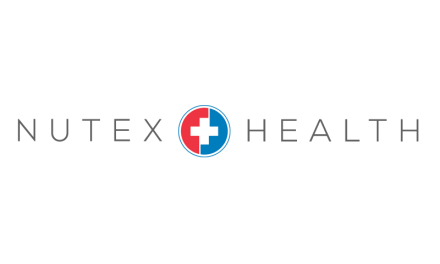
UW Study looks at new protections for frontline healthcare workers during COVID-19; recruitment open now
MADISON, Wis. – A new prevention research study at the University of Wisconsin School of Medicine and Public Health looking at whether commonly used oral and nasal antiseptic (in addition to personal protective equipment and hand hygiene) can help prevent COVID-19 infections in frontline healthcare workers.
Povidone iodine (PI) and chlorhexidine gluconate (CHG) are antiseptic agents commonly used in healthcare settings to kill microorganisms that can cause infections. For example, PI and CHG are often applied to the skin, nose, or mouth before and after surgery to prevent infections. These compounds have been proven safe in cleaning the skin, nose and mouth.
The study, Role of Naso-oropharyngeal Antiseptic Decolonization to Reduce COVID-19 Viral Shedding and Disease Transmission (SHIELD study), is funded by the Wisconsin Partnership Program and led by Dr. Nasia Safdar, medical director of infection control at UW Health, and Dr. Daniel Shirley, medical director of infection control at UnityPoint Health-Meriter. Both are physicians in infectious diseases at the University of Wisconsin School of Medicine and Public Health.
In lab settings, these antiseptics have proven effective in killing coronaviruses, including the virus that causes COVID-19 (SARS-CoV2). In this study, healthcare workers would apply PI to their nose and CHG to their mouth. The study team will measure if healthcare workers experience fewer COVID-19 diagnoses while using the PI and CHG. If the study finds that use of PI and CHG is associated with SARS-CoV-2 infection among the healthcare workforce, this research could lead to improved preventive measures against the virus.
“We are looking for ways to add extra levels of protection for our frontline healthcare workers during the COVID-19 pandemic, in addition to proper PPE and good hand hygiene,” said Dr. Safdar. “We want to provide the best care possible and take care of all healthcare workers. We also plan to share our research and results with the entire healthcare community.”
Each healthcare worker in this trial will participate for ten weeks. For three of those weeks, the participant will use CHG oral rinse (mouthwash) four times a day, and PI nasal swabs two times a day. The participants would report any COVID-19 symptoms or diagnoses during that time. Participants will also collect nasal samples using shallow nostril swabs to allow measurement of SARS-CoV-2 virus levels throughout their participation. The study would track COVID-19 diagnoses and viral measurements (how much virus is in the nose) in study participants.
The study is now enrolling frontline healthcare workers around Wisconsin. To be eligible, participants must be:
- Frontline healthcare personnel, (for example: nurses, doctors, respiratory therapists, nursing assistants, nurse practitioners, and pharmacists) involved in or anticipated to be involved in the care of suspected or confirmed COVID-19 patients.
- Willing and able to perform the interventions and data collection.
If you are interested in participating, please visit the website for more detailed information. To enroll in the study, please contact the research coordinators at shield@medicine.wisc.edu or call (608) 262-6560.





